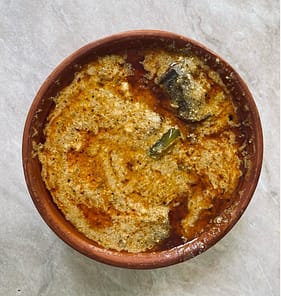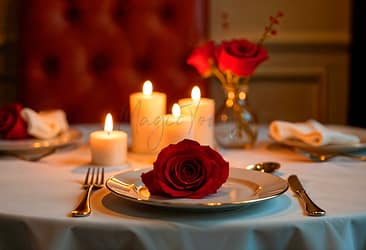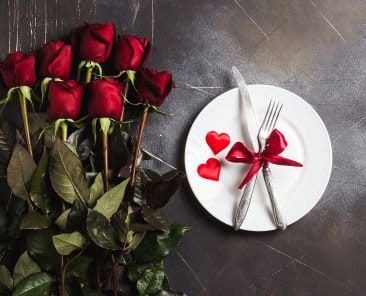Albania is a small country in the heart of the Balkans, but it cherishes many traditions and beliefs that have been preserved through the centuries. You’ve probably heard of some of them from friends or locals, or there’s a chance you’ll find these facts new and surprising.
Ready to find them out?
The Protective Power of Garlic
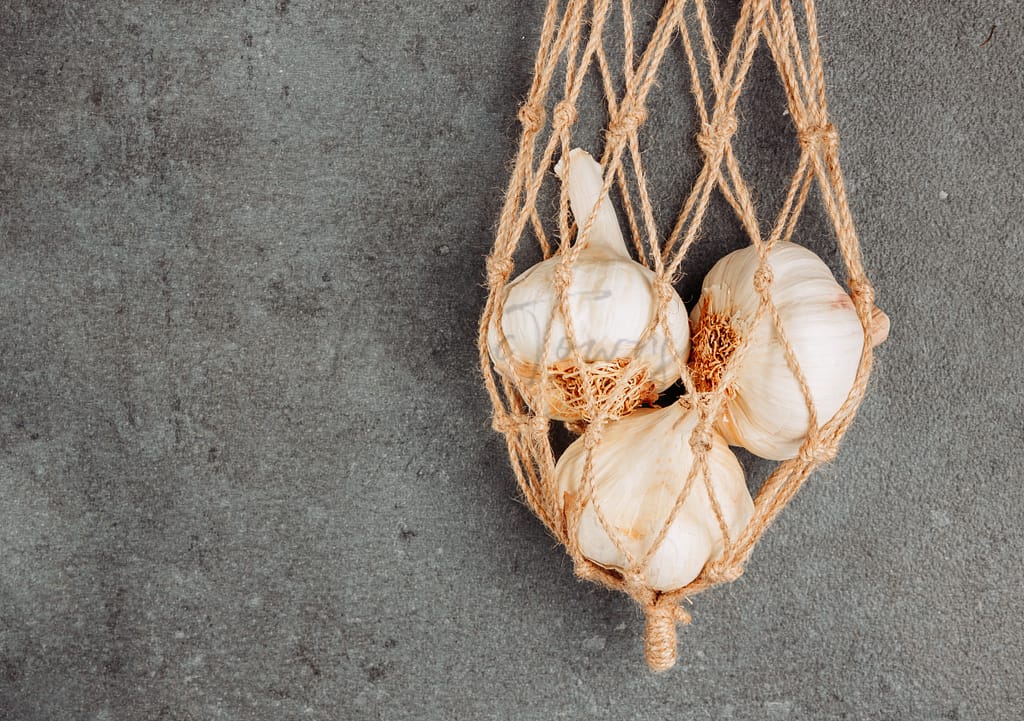
In Albania, garlic isn’t just used in cooking as a staple ingredient. It is also believed to be a powerful amulet against evil. This goes to the extent where some Albanians carry a clove of garlic with them to protect against the “evil eye”, or you might find them hanging somewhere in doorways, for example, in homes or restaurants.
This belief is deeply rooted in Albanian folklore, where garlic is seen as a potent force that can ward off misfortune and harm. So, don’t be surprised if you witness this superstition and cultural tradition in Albania.
Rag Dolls (Dordoleca)
Rag dolls, or, as they are called in Albanian, ‘dordoleca’, are found in many rural households. These dolls or stuffed figures, often crafted from old clothes and materials, are placed on buildings, houses, and even fields.
The primary purpose of a dordolec is to protect property from envy. These figures are believed to guard against the ill intentions of those who might wish harm upon the household or its possessions.
Coffee Culture
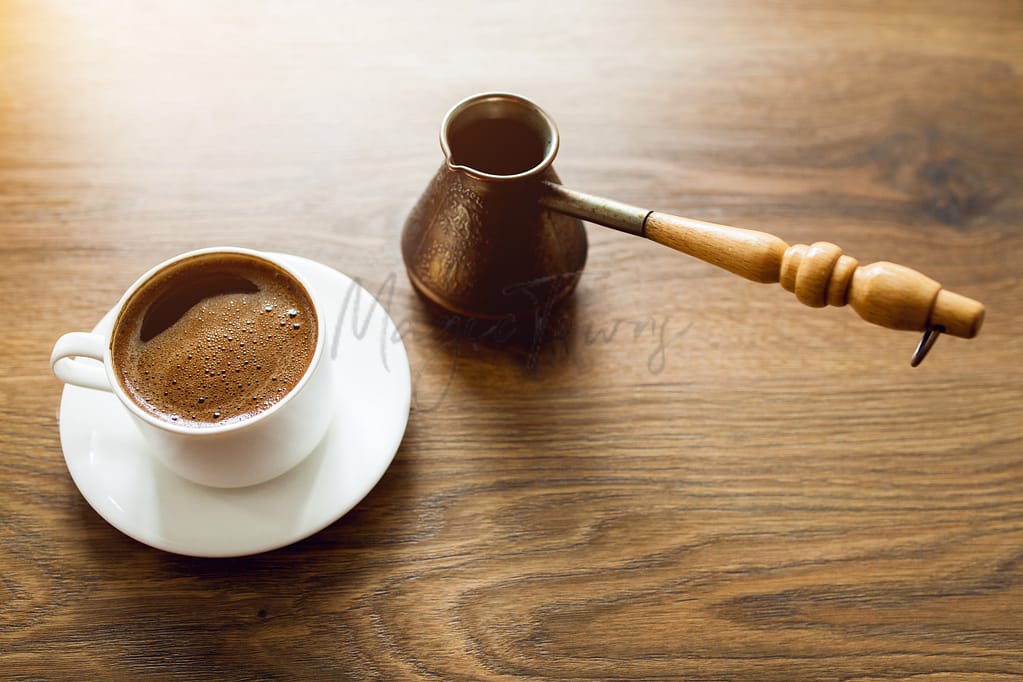
Coffee is more than just a beverage in Albania. People here love to spend hours in coffee shops, chatting with friends and family, working, or reading a book. To me, it’s like a hobby.
Coffee culture is also significant during household visits, where it’s common to be welcomed with Turkish coffee and desserts.
Paja – The Bride’s Dowry
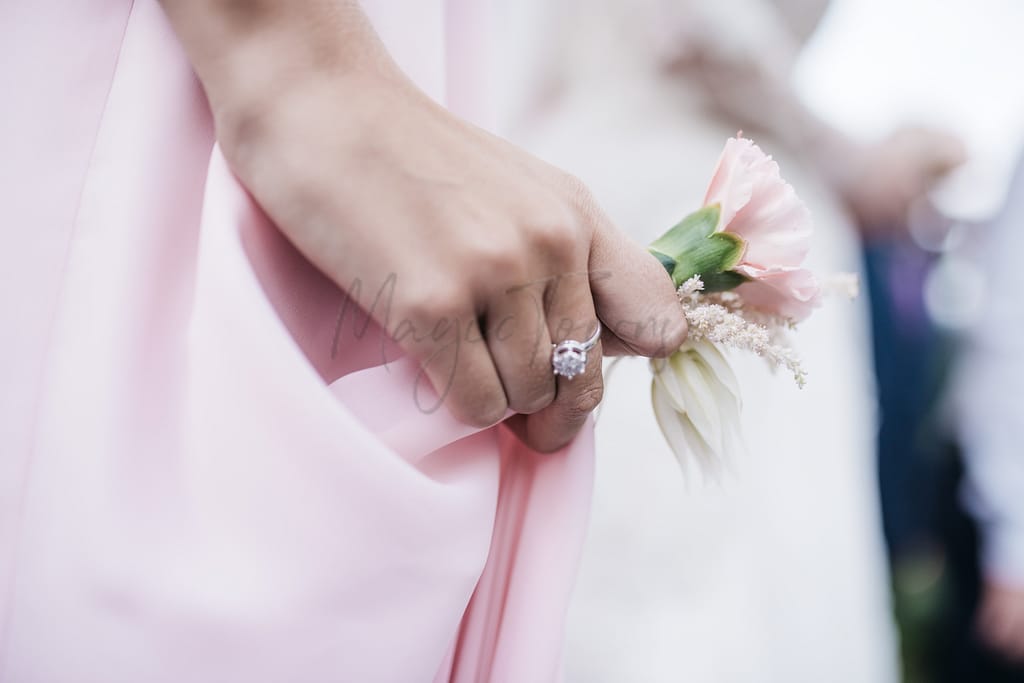
An interesting tradition in (some parts) of Albania is the “paja,” or the goods a bride brings to her husband’s house upon marriage. The paja typically includes household items, clothes, and other valuable possessions.
This tradition symbolizes the bride contributing to the new household and is an important part of many Albanian wedding ceremonies. Nowadays, it is not very common, especially among couples who don’t prefer carrying out a traditional ceremony.
Traditional Wedding Rituals
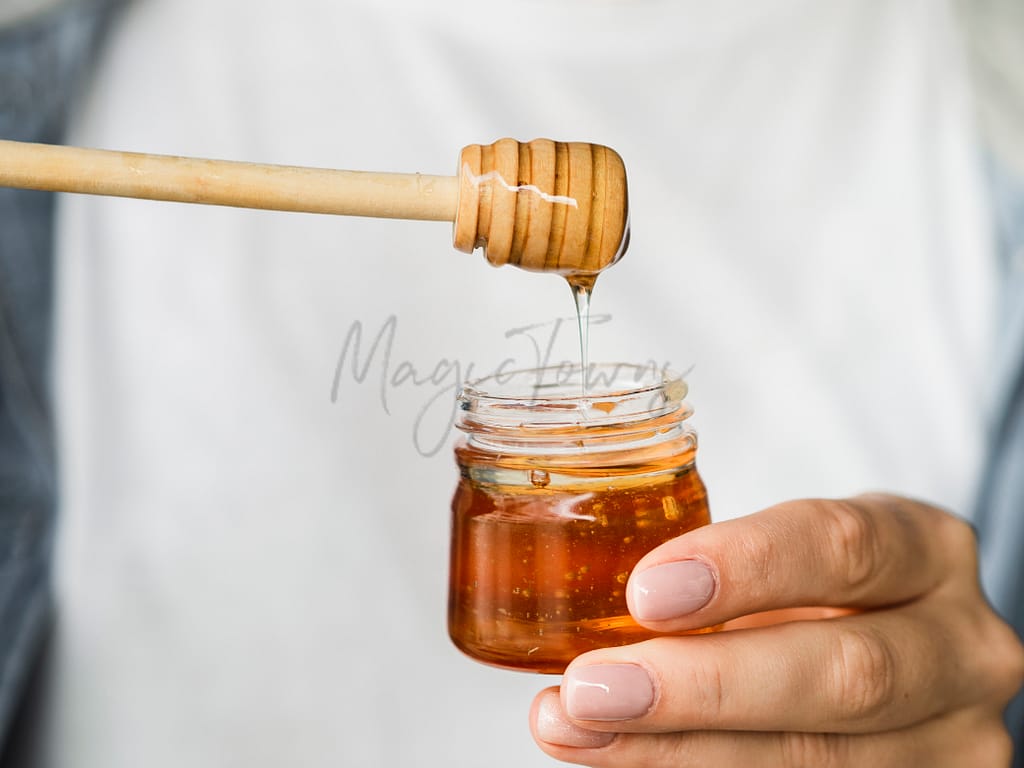
Albanian weddings, held in traditional settings, are full of rituals. One such tradition is throwing rice and money at the newlyweds to wish them prosperity and abundance.
Another unique custom involves putting honey at the front door of the couple’s new home, symbolizing a sweet and happy marriage.
Hospitality
Hospitality is a very important trait for Albanians, known as “mikpritja.” Guests are treated with utmost respect and generosity, often being offered the best food and accommodations available. This tradition of hospitality is deeply ingrained in Albanian culture and reflects the importance of community and family.
Staring
Visitors to Albania might notice an unusual cultural phenomenon: staring. It’s common for locals to openly stare at people, especially newcomers. This practice is generally harmless and stems from curiosity rather than rudeness.
In a country where everyone knows everyone in small communities, a new face naturally attracts attention. While it might feel uncomfortable at first, understanding this aspect of Albanian social behaviour can help ease any initial discomfort.
The Kanun and the Code of Honor
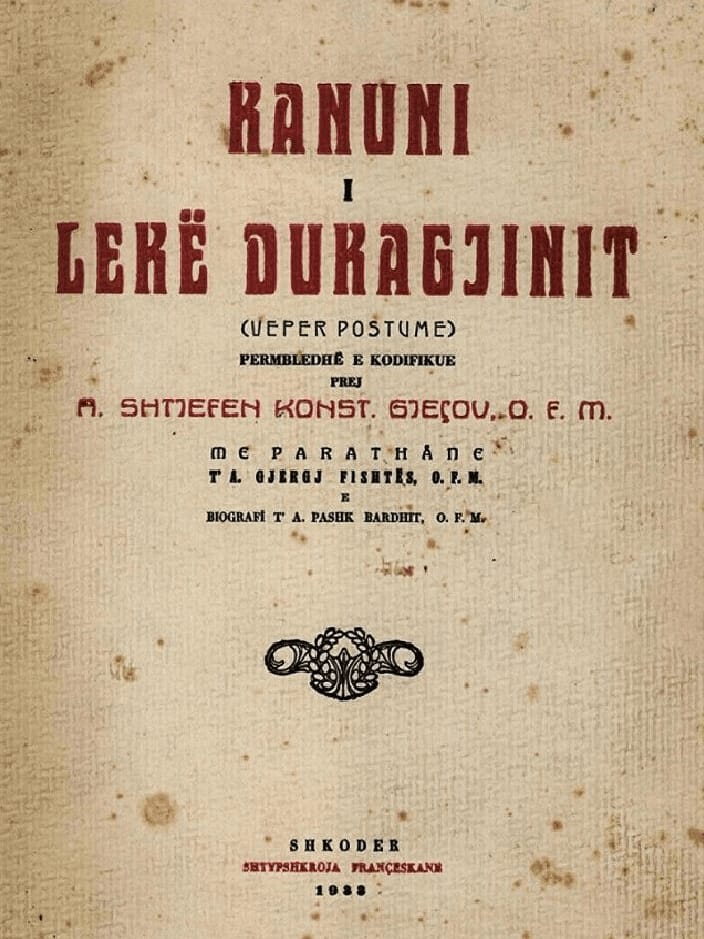
Northern Albanian culture is deeply influenced by the Kanun, a set of traditional laws and codes that have governed social behaviour for centuries. The Kanun covers various aspects of life, including family, property, and personal conduct.
One of the most notable elements of the Kanun is the concept of “besa,” which means “faith” or “pledge.” Besa is a sacred promise of loyalty and protection, and breaking it is considered one of the gravest offences. This code of honour is still respected in many parts of Albania and plays an important role in maintaining social harmony.
Religions Coexist
Religious tolerance and freedom are common in Albania. Different religious communities coexist peacefully. This harmony is a point of pride for many Albanians because it reflects a society that values diversity and mutual respect.
Expensive Cars

One surprising sight in Albania is the prevalence of expensive cars, particularly Mercedes-Benz vehicles. Despite the country’s economic challenges, expensive cars are a common choice among Albanians, and it’s common to find these cars everywhere in the country.
Fun fact: For many years, owning a car in Albania was not normal at all. Until the early 1990s, private car ownership was heavily restricted under the communist regime. Cars were not something people could simply buy; they were reserved almost entirely for government officials and those close to the ruling system.
Conclusion
Albania’s culture is full of interesting beliefs and customs. Even though many people might find these surprising, such traditions have been at the core of the Albanian community for centuries, and most of them have survived to this day.
Have you noticed similar customs during your stay here? Let us know in the comments below. We’d love to hear your experience!
You might also want to read: 10 Interesting Facts You Didn’t Know About Albania


